The team will set up an outreach clinic (registration, triage, provider, pharmacy, physical therapy, dental) in OneWorld Health partnered schools and churches in the surrounding communities of Masindi, Uganda. These medical outreaches promote our permanent medical center, serve the communities we have committed to, refer patients and set a precedent for quality healthcare throughout the region.
We will treat 200+ patients daily and educate patients on continued healthcare at permanent OneWorld Health facilities. The clinic serves a rural population. Nearly 20% of patients are children under the age of five and 60% of patients have five+ members in their household. More than 32% of patients are from the poorest quartile of Uganda, 13% are in the wealthiest.
I hope to improve the health of patients by not only diagnosis/treating acute illnesses in clinic but making a lasting impact by referring patients to the local Masindi Kitara Medical Center (MKMC). At MKMC, patients gain access to longitudinal medical and surgical care, improving the overall health of the surrounding rural communities.
Just as similar trips have impacted my practice I expect the Uganda Clinic Outreach experience will also improve my clinical skills including honing my physical exam skills, learning how to practice culturally competent medicine in a resource limited setting and expanding my knowledge of infectious disease not often seen in the US.
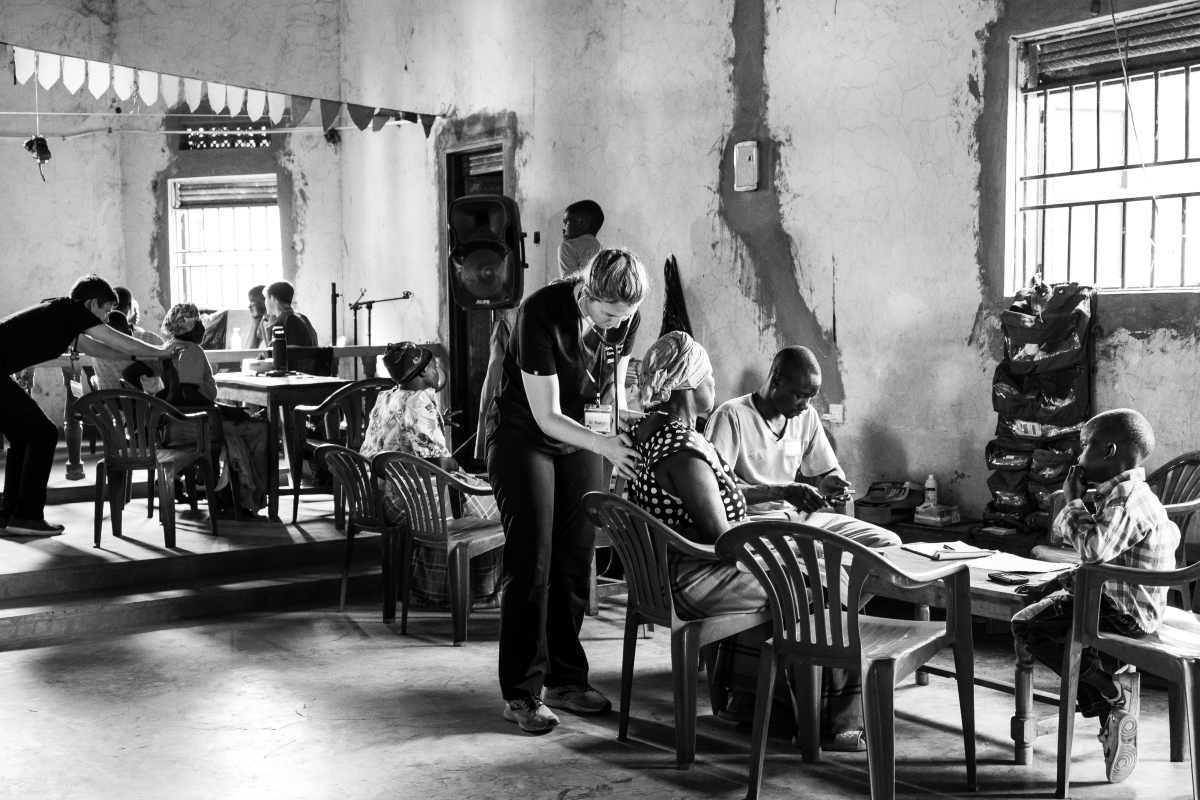
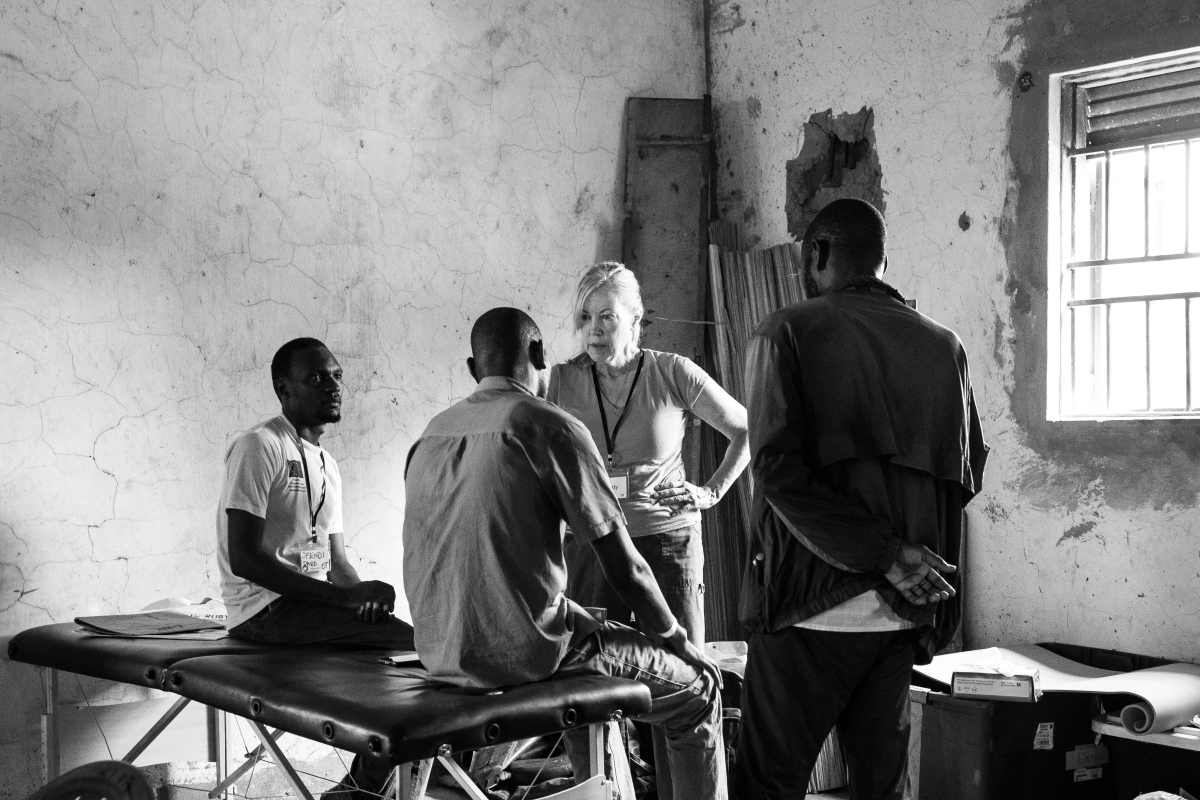
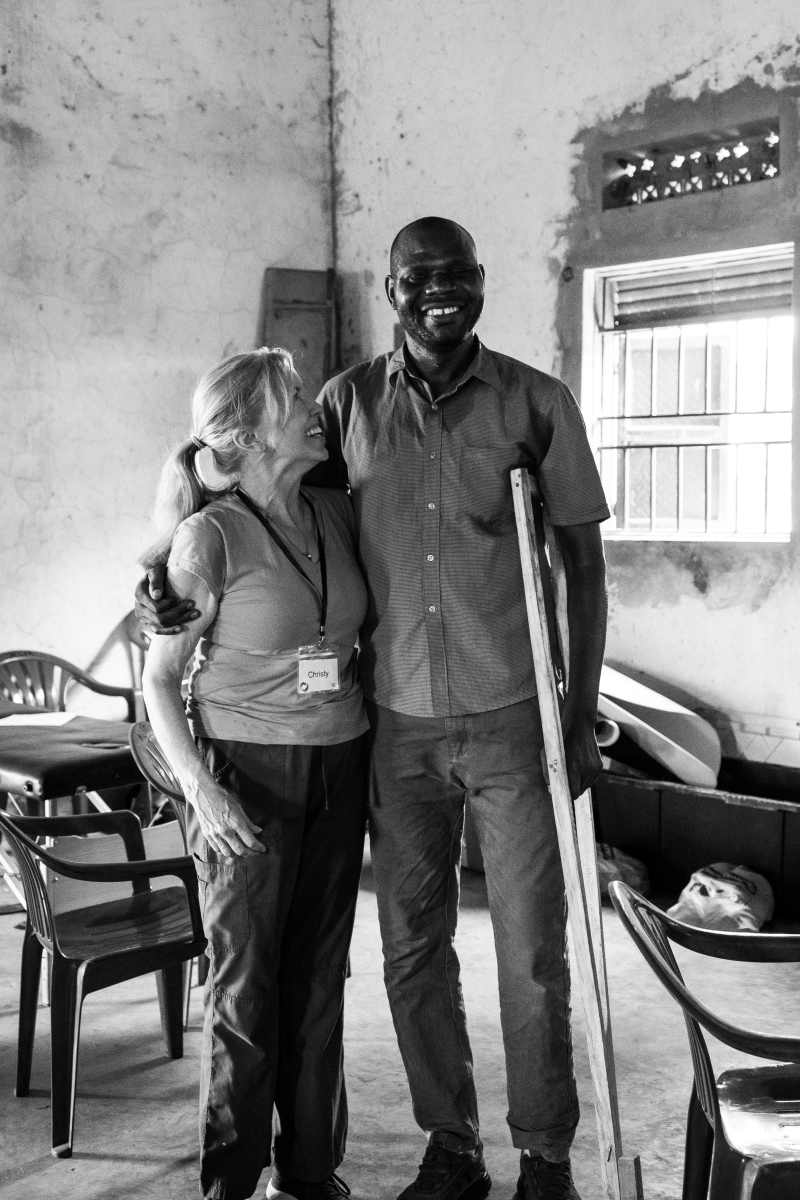
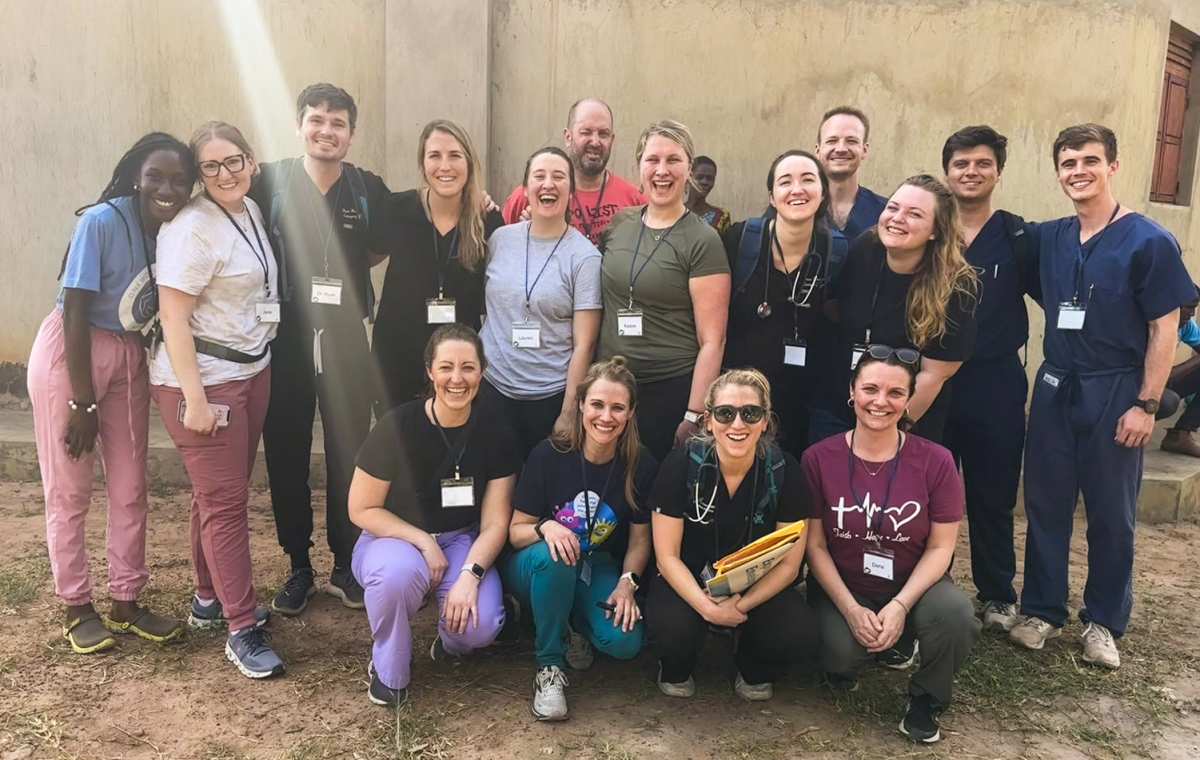
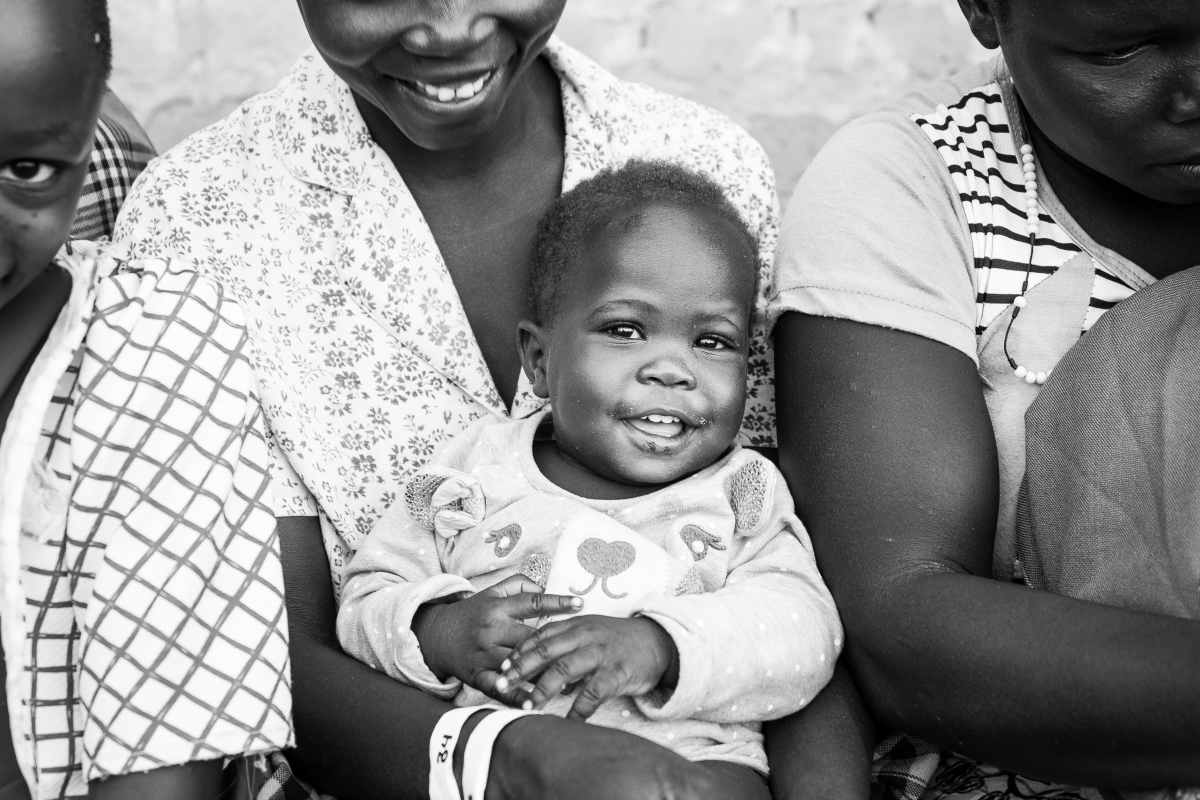
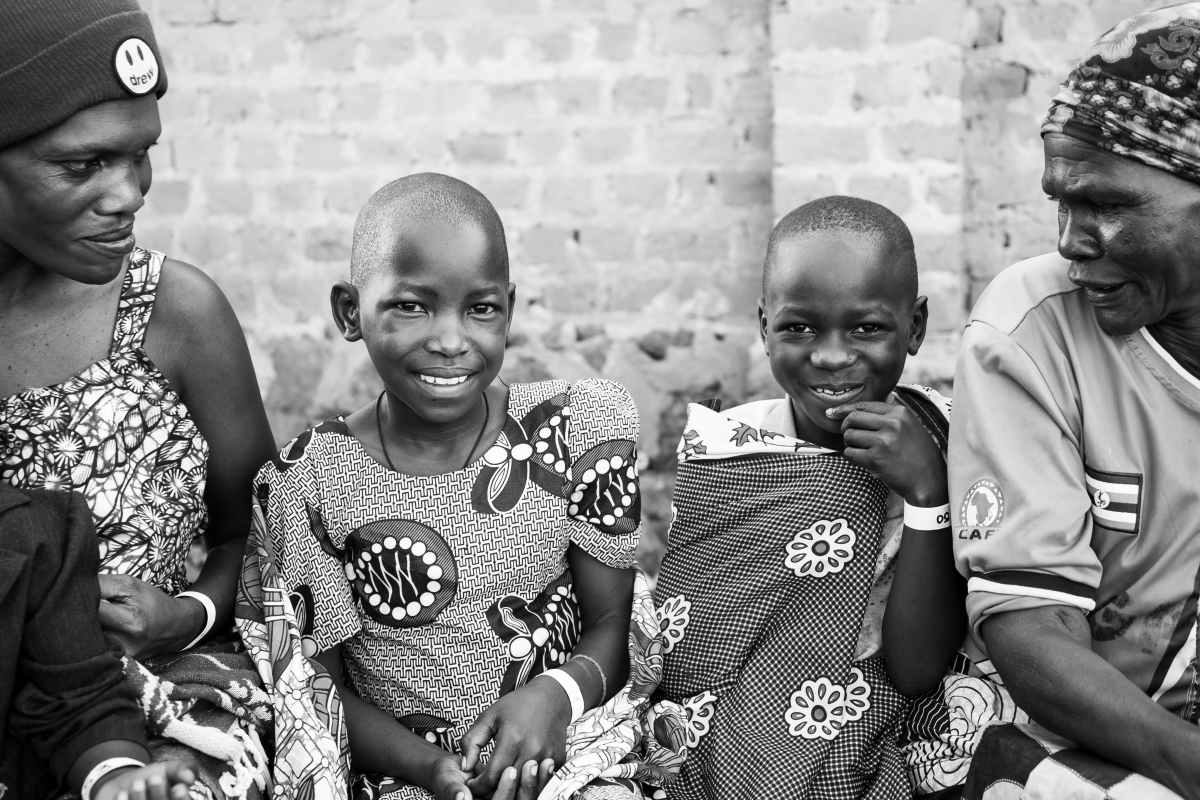
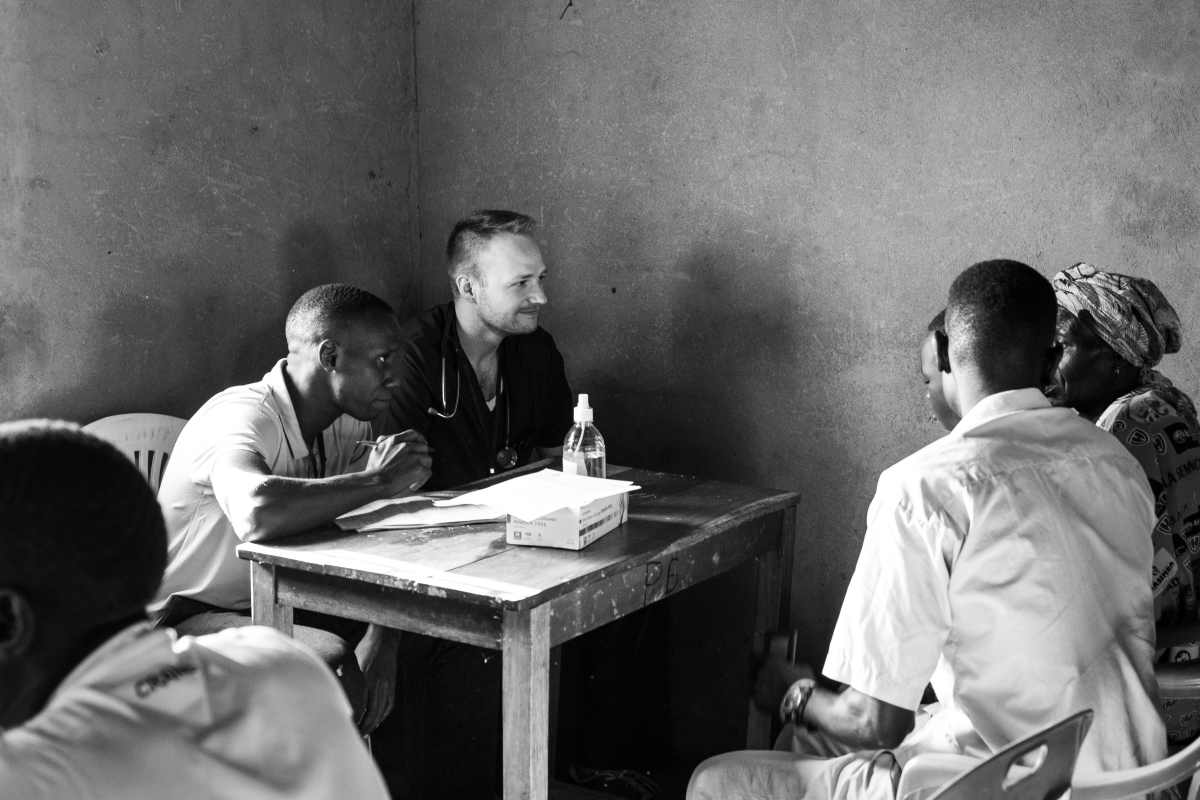
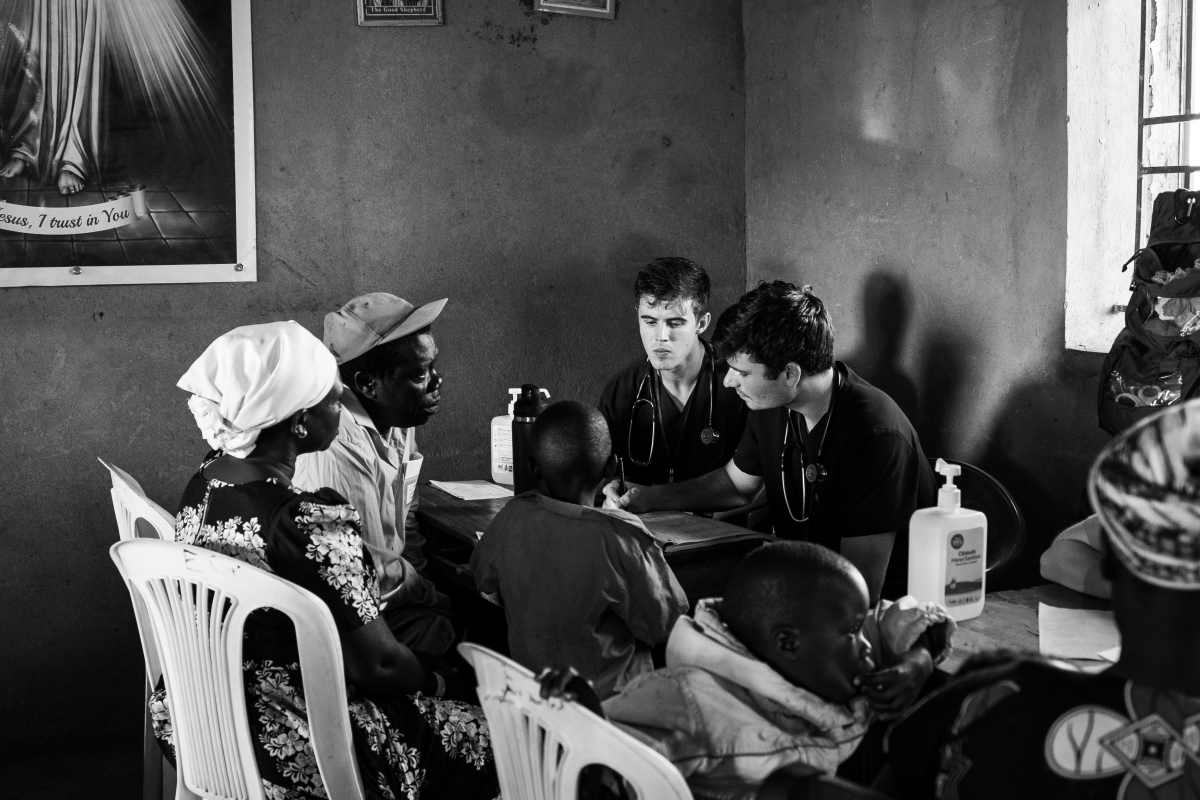
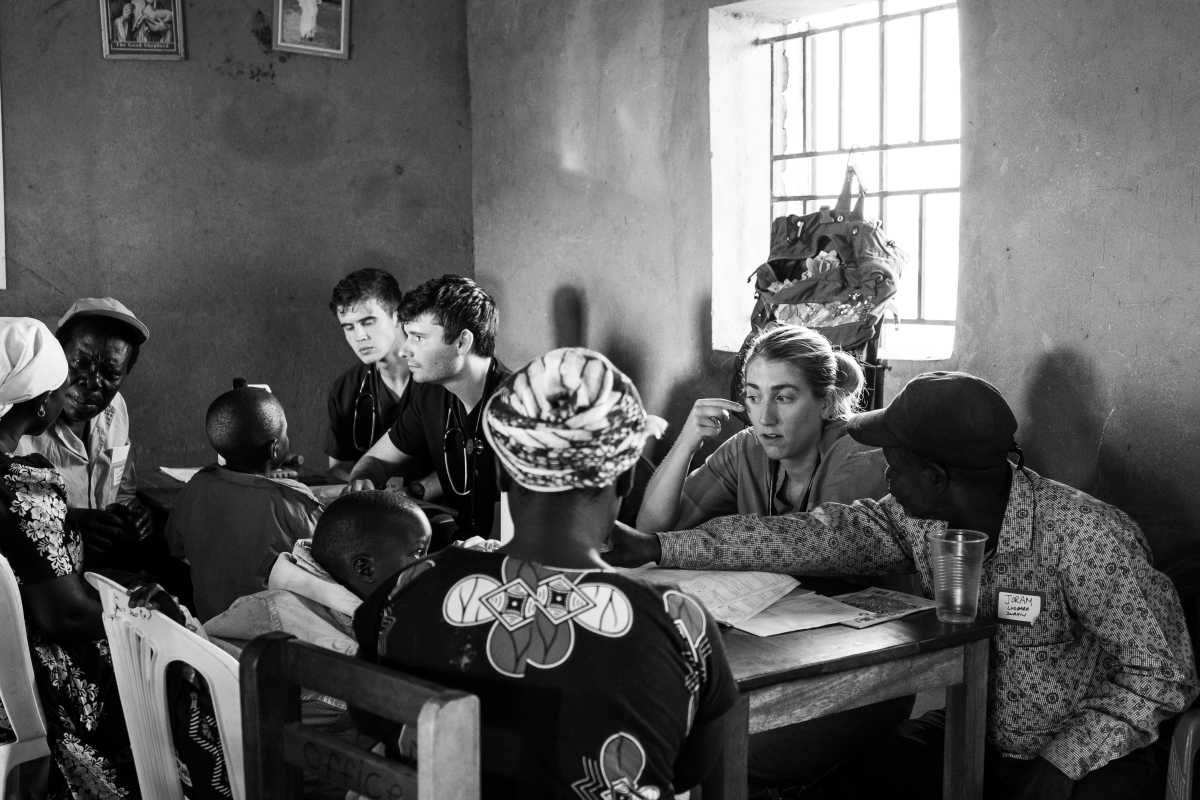
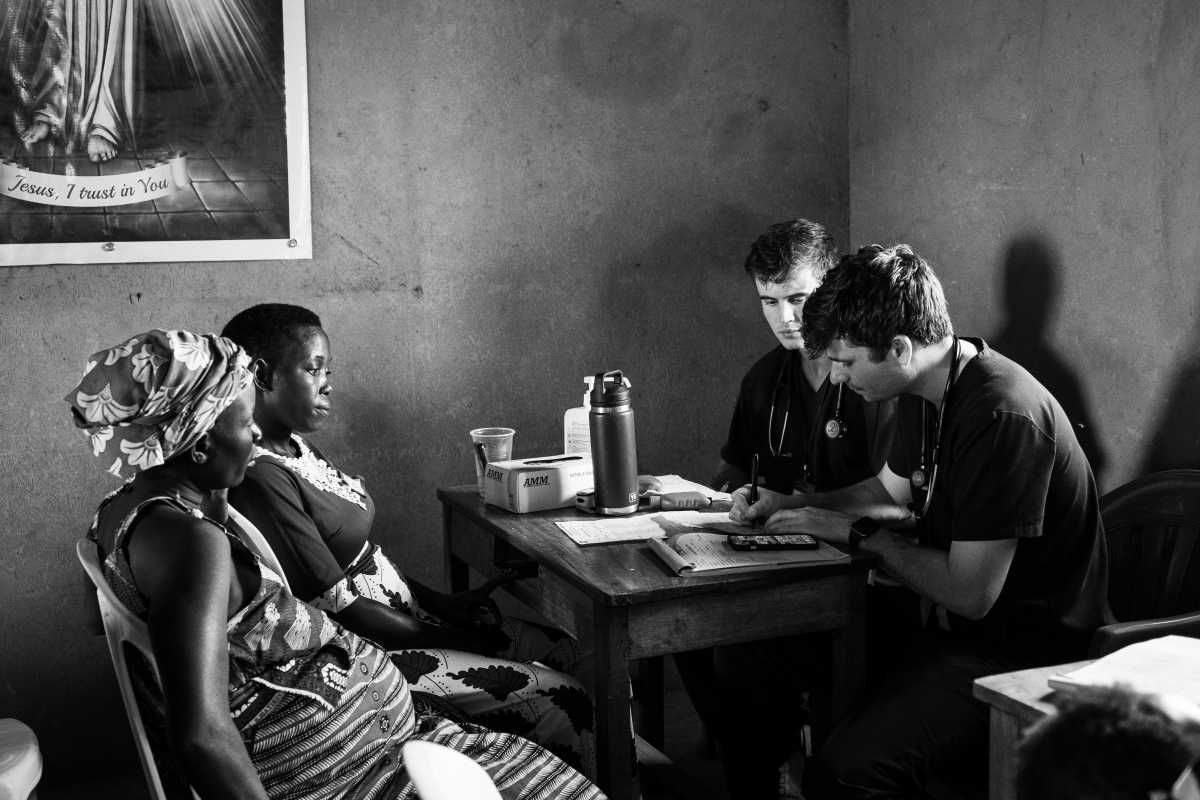
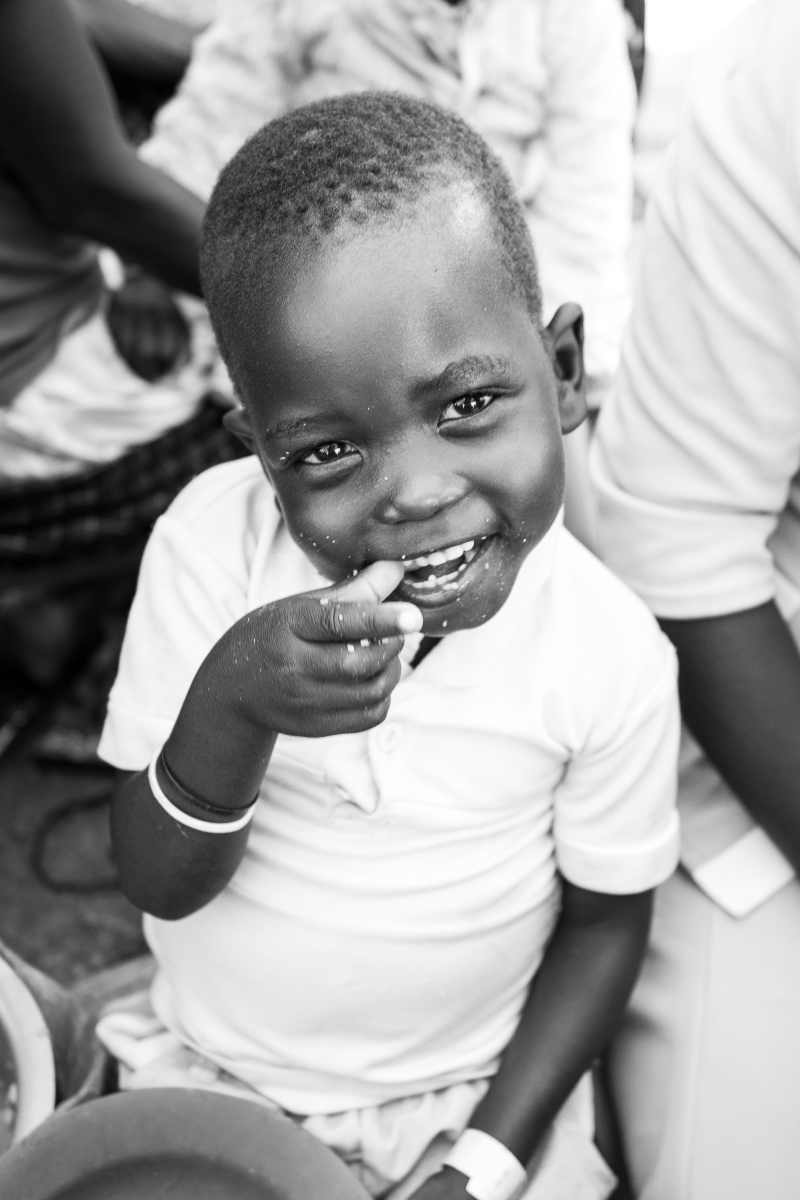











A case of water sat on the floor near the entrance of the large white tent the airline had designated for us to collect. Hundreds of people had been grounded unexpectedly in Rwanda after our aircraft had a mechanical malfunction unable to carry us to the final leg of our journey. What ironically is only an hour's flight away, now felt like a world away. Stories were muttering about how the last time this occurred the passengers were stranded for 3 days. For the sake of the trip, we hoped that would not be the case. Thankfully, after a short stay in Kigali, we arrived in Entebbe Uganda with only a day lost. After over 40+ hours of travel, we still had a 5-hour bus ride to Masinidi through the large city of Kampala.
Due to our delay the rest of the team was already at the clinic in the small town of Diima about an hour outside of Masindi. It was a 6-hour bus ride to the clinic site. The group’s spirits were up as we could feel the long journey finally coming to an end. I tried to catch some sleep, occasionally awakening when the bus jolted and heaved over the many speed bumps along the way. We arrived at a small church surrounded by sugar cane fields. A small crowd watched from outside as we stepped off the bus. I was immediately struck by the beautiful colors and ornate patterns of their clothing as they smiled and waved at us. I could tell they had been waiting for hours and many had walked for miles to be seen. After a warm welcome from the team and a quick lunch, it was time to join the clinic.
I was tired as I introduced myself to the interpreter. The hours of traveling and jet lag had caught up to me. I arranged a few plastic chairs around a small wooden table and prepared my supplies for the day. I sat down and took in my surroundings, dozens of volunteers bustled in the large open-air clinic that was hot with still air. With a wave my first patient made her way from the bench, a young child in her arms, smiling as we greeted her. Instantly all fatigue faded away and I quickly got to work. It’s this realization that further confirmed my career choice in medicine. Despite the heat, the team stayed positive and worked hard to provide excellent care to over 270 patients! There were many cases of malaria, over 40 the first day with hundreds more to be treated throughout the week. Each clinic day would see anywhere from 200 - 275 patients.
We stayed at the beautiful Masindi Hotel, the oldest in the country made famous by Hemingway staying there after crashing his plane in the 50’s. Each morning we enjoyed a 1-2 hour drive to the various clinics surrounding Masinidi. It was so interesting to learn about the local school systems, family dynamics, and marriage customs of Uganda. The countryside was beautiful and the people even more so. We saw bustling markets, full of bright colors, wildlife, and even an impromptu parade celebrating a local football club win running through town.
Most patients we cared for had minor complaints and were either treatable with the formulary we had or at one of the nearby clinics. We referred many patients to our nearby OneWorld Health hospitals in the area for more complex cases and even transported a few for emergency surgery. The most incredible diagnosis during the trip came in the form of an ultrasound finding in a mid 30’s female who presented with abdominal pain and vaginal bleeding. She had an ectopic pregnancy involving the right ovary, however stable for the time being. We made accommodations for her to travel back with us to Masinidi where she underwent surgery with full recovery. Amazingly the surgeon reported that she had ruptured by the time she made it to the OR. I fear to think what would have happened had she not seen our clinic that day.
We saw lots of pathology not typically seen in the US, for example, a young girl with rheumatic heart disease with severe mitral regurgitation and heart failure presented to the clinic. Her father knew that her heart required a procedure, however, they did not have the funds. It was discovered that he had never been told exactly what was wrong with her heart. Even though we couldn’t perform the surgery she needed we were able to refill her medication and take the time to explain what was wrong with her heart. The family is working on raising funds & we hope with the knowledge gained he may improve his success of fundraising through the church, or sharing awareness with his community. It can be challenging not being able to help everyone or solve all their problems, but it is gratifying knowing we made a positive impact, no matter how small the act.
After wrapping up the week of clinic, the UofSC team stayed behind to provide lectures on trauma and basic ATLS skills. We had a full-day event that began with lectures and ended with hands-on training with simulated trauma cases. We even spent several sessions on the FAST exam and bedside ultrasound training with the providers.
I made many new friends during my time in Uganda and learned about the many ways to get involved in the future. I am excited to return and explore the many opportunities to work in rural clinics, hospitals, and refuge sites in the region.